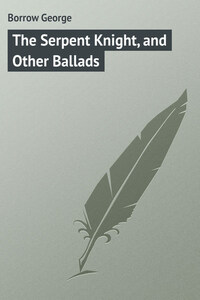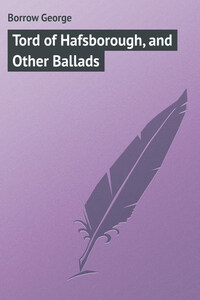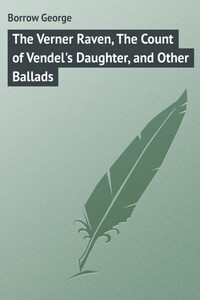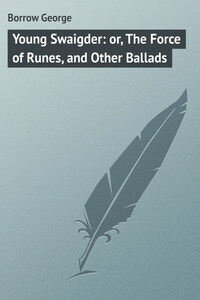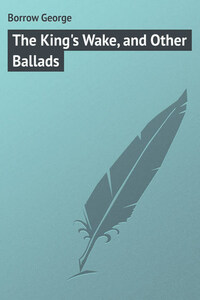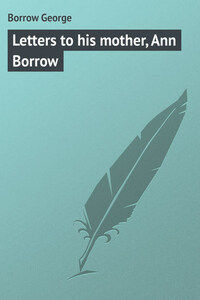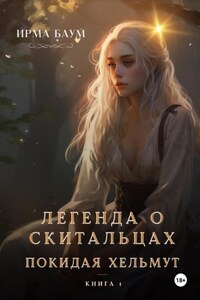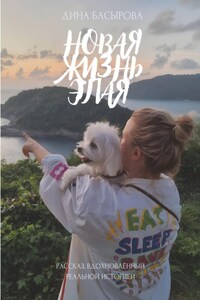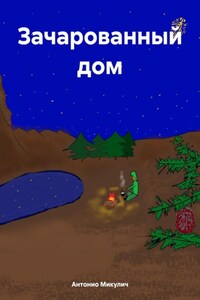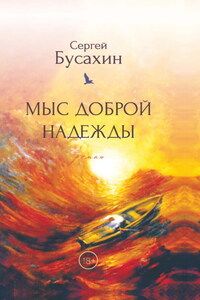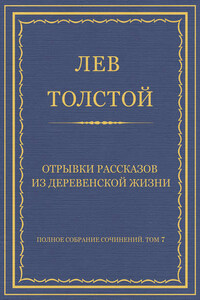Wild Wales: The People, Language, & Scenery
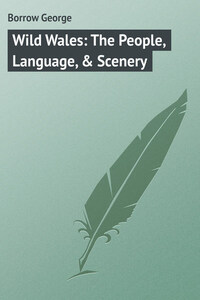
Книга "Wild Wales: The People, Language, & Scenery", автором которой является George Borrow, представляет собой захватывающую работу в жанре Книги о путешествиях. В этом произведении автор рассказывает увлекательную историю, которая не оставит равнодушными читателей.
Автор мастерски воссоздает атмосферу напряженности и интриги, погружая читателя в мир загадок и тайн, который скрывается за хрупкой поверхностью обыденности. С прекрасным чувством языка и виртуозностью сюжетного развития, George Borrow позволяет читателю погрузиться в сложные эмоциональные переживания героев и проникнуться их судьбами. Borrow настолько живо и точно передает неповторимые нюансы человеческой психологии, что каждая страница книги становится путешествием в глубины человеческой души.
"Wild Wales: The People, Language, & Scenery" - это не только захватывающая история, но и искусство, проникнутое глубокими мыслями и философскими размышлениями. Это произведение призвано вызвать у читателя эмоциональные отклики, задуматься о важных жизненных вопросах и открыть новые горизонты восприятия мира.
